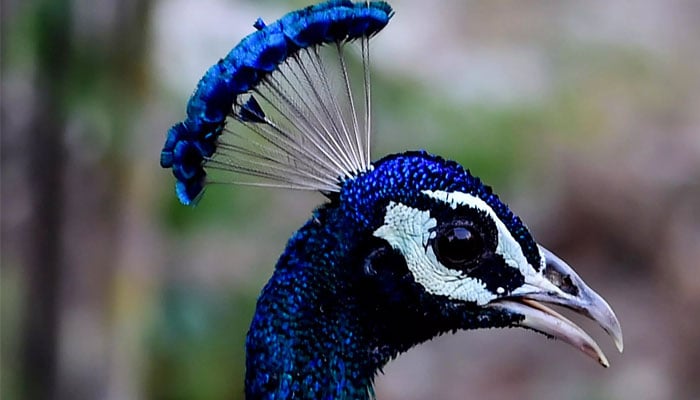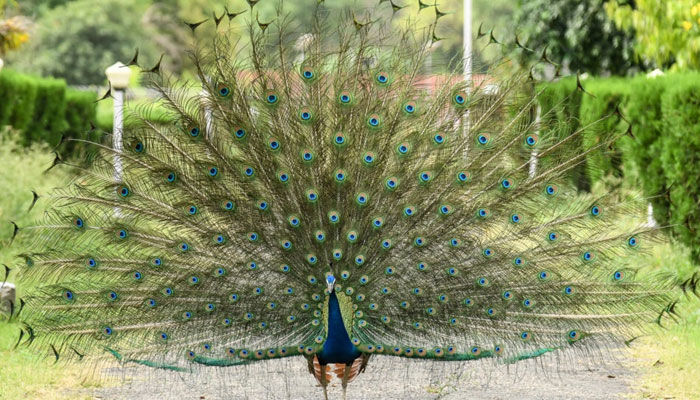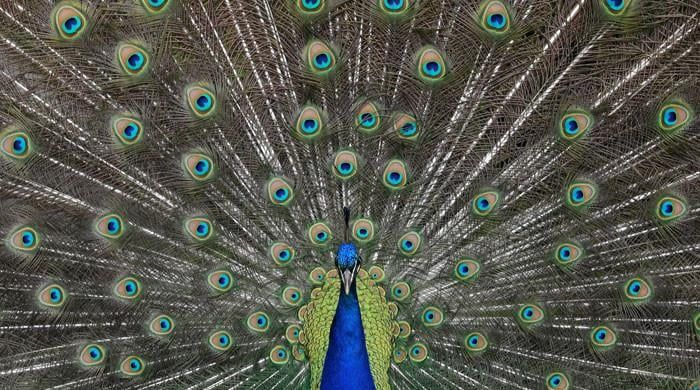NEW DELHI: An aspiring Indian social media star has been arrested and detained following outrage over his video of himself cooking and eating the country's protected national bird, a peacock, police said.
Police said Kodam Pranay Kumar was arrested on Monday and sent to jail after “further videos on his mobile phone confirmed” that the bird he had cooked for his curry dish video was in fact a peacock.
The colorful birds are protected under strict wildlife laws.

“He is now remanded in custody for 14 days under the Wildlife Protection Act and the court will now decide whether he will remain in jail or get bail,” said Akhil Mahajan, superintendent of police in the southern state of Telangana. AFP.
Investigators are also trying to determine how and where Kumar managed to obtain a peacock for the video, which has since been removed from his channel.
The video showed him cooking peacock curry, “a stunt supposedly done to attract more views,” The Associated Press said. Times of India reported.
“However, the response was far from what I could have anticipated,” he added.
“Social media users condemned the video, accusing Kumar of promoting illegal consumption of wildlife and disrespecting a national symbol.”
The Indian peafowl, identified by its vibrant blue colour and majestic wingspan among males, has special symbolic importance in India.

The throne of the country's ruling Mughal dynasty was also called the Peacock Throne because it featured jeweled peacocks, which were once present in large numbers in parts of the northern plains of India.
Rapid urbanization and habitat loss in recent decades have significantly reduced their numbers in the wild, and wildlife laws now protect them from hunting or harm with strict punishments and fines.












